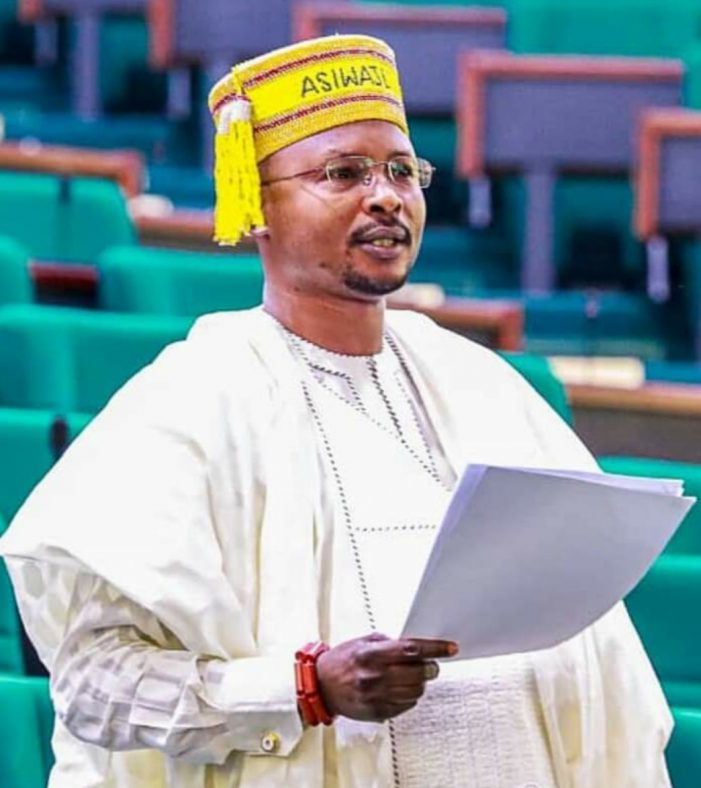
The Chairman, House of Representative Committee on Nigeria Customs and Excise, Mr. Leke Abejide, on Tuesday said Nigeria Customs and Excise cannot optimally deliver because of its archaic and obsolete laws.
Abejide, stressed: “In today’s competitive world, the Nigeria Customs Act, its regulations and operational guidelines are archaic, obsolete, and no longer in tandem with modern-day challenges and this has unfortunately reduced measurably the accruing revenue against the volume of trade.”
Meanwhile, the Speaker of the House Mr. Femi Gbajabiamila on Tuesday assured of the House’s determination to implement a wholesale reform of customs and excise operations and activities in the country.
However, to achieve the sweeping reform for the good of all, he said, the House needed the support and inputs of the relevant stakeholders, whose contributions are critical in the legislative process that would strengthen customs operations.
The speaker said this when he declared open a one-day public hearing on the Nigeria Customs Service (establishment) Bill, 2021, organized by the House Committee on Customs and Excise, chaired by Mr. Leke Abejide.
He said the bill was the product of a coordinated effort by the House, “working with stakeholders in the sector, to implement a wholesale reform of customs and excise operations in Nigeria.
“This effort is long overdue, and much needed to address existing challenges with customs enforcement, ports efficiency, smuggling prevention, efficient collection and remittance of government revenue and the proper implementation of government fiscal measures.
“Whether or not we will succeed in these objectives depends largely on the stakeholders gathered here today and the contributions you make to the legislative process.”
Gbajabiamila, said the COVID-19 pandemic has, among other things, led to a significant decline in global demand for fossil fuels, which coupled with other factors unique to Nigeria, depleted Nigeria’s revenue generation from oil and gas.
“This reality is a stark manifestation of the ongoing need to diversify our nation’s economy to improve income from non-oil and gas sources.
“It is also evidence of the need to use the instruments of legislative authority to promote policies and enact mandates to encourage investment, enable commercial activity and promote enterprise in the country.
“Ensuring that the Nigeria Customs Service (NCS) operates optimally in executing its statutory functions without corruption and malfeasance of any sort is essential to achieve these other objectives. And this is what we hope to achieve with the Bill under consideration.”
He encouraged all the stakeholders to take full advantage of the opportunity provided by the public hearing to express their opinions and make informed contributions that would improve the bill to the benefit of Nigerians.
According to him, the public hearing would provide an opportunity lever to transform the NCS as most potent revenue collecting body in Africa, and to making it the most efficient, streamlined, technologically driven, and people-friendly agency of government.
| ReplyForward |